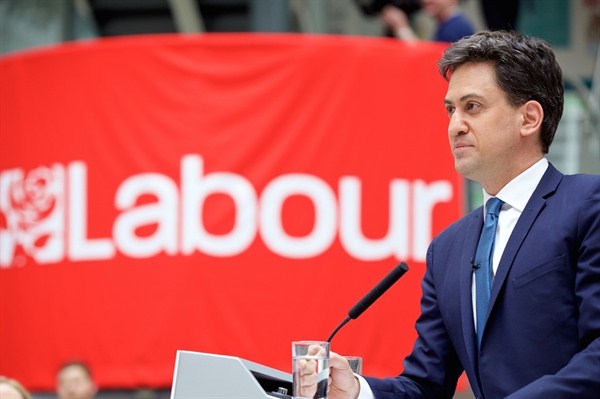Editor’s note: The following article is one of 30 that we’ve selected from our archives to celebrate World Politics Review’s 15th anniversary. You can find the full collection here.
Over the past decade, social democratic parties across Western Europe have been in ignominious retreat. The center-left’s electoral decline has been remarkable. Even where social democrats have attained governmental power, often in coalition with other parties, their experience has been unhappy and often quickly followed by defeat. As a result, many commentators insist that social democracy as a social movement and a political tradition has lost its vitality and is destined to wane as a political force in Western Europe. This article considers the factors behind social democracy’s slide over the past decade, giving particular attention to the rise of populist countermovements across the European Union. It then looks ahead at the future of center-left politics in Europe with an eye toward some possible ways to stem the left’s demise.
The Electoral Landscape
Social democratic parties and governments are operating in particularly uncertain and volatile conditions, notably one of the most severe financial crises in the West’s history. Capitalism itself is undergoing major structural changes: The rate of technological innovation and the decline of industrial-era mass production imply that advanced economies are on the brink of a “third” disruptive industrial revolution, undermining established political and economic institutions. Moreover, fiscal pressures unleashed by the 2008 global financial crisis are placing unprecedented strain on the public finances, welfare systems and future shape of the state. Crisis “aftershocks” are accentuating the impact of long-term demographic trends, from an ageing society to declining fertility rates. The global context is being further reshaped by the rising power of the emerging economies and the relative decline of the West.

